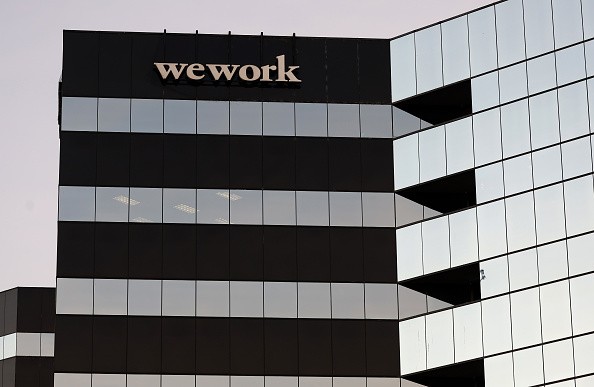WeWork announced and filed for chapter 11 bankruptcy with $2.9 billion debt on Monday in New Jersey.
The troubled company, once valued at $47 billion on the private market, has undergone a 98% decline in its share price this year, leaving it with a market capitalization of less than $50 million.
WeWork Files Bankruptcy

In August, the $2.9 billion in net long-term debt and more than $13 billion in long-term leases put the company in a difficult situation to continue its operation.
According to The Guardian, the company entered a restructuring support agreement with stakeholders and would deal with the debt by addressing and improving its legacy leases and balance sheet. The company said the deal with stakeholders would reduce their existing funded debt.
On Monday, shares in WeWork were suspended as Wall Street prepared the company to file for bankruptcy. WeWork would request the ability to reject the leases of certain, largely non-operational, locations as part of the filing.
However, company leadership announced that WeWork would remain open to operate for the foreseeable future. "We remain committed to investing in our products, services, and world-class team of employees to support our community," David Tolley, CEO of WeWork, said.
The company still has not recovered since the ouster of its founder, Adam Neumann, who resigned in September 2019, and the impact of the pandemic to turn businesses into remote work.
WeWork Struggled During COVID-19 Pandemic
WeWork was founded in 2010, and the company was involved in taking long-term leases on office buildings and selling short-term memberships to offices geared towards co-working.
The company has an investment of $12.8 billion, primarily from the Japanese multinational SoftBank. After the publication of its S-1 prospectus, however, analysts valued the company at $10 billion.
The company attempted to be on the list on the New York Stock Exchange as WeWork included the filing of a revealing prospectus with the Securities and Exchange Commission in 2019.
The attempt has raised questions over its long-term viability, profitability, and leadership. The company refused to go public until 2021, and Neumann received a $445 million payout on his exit.
Neumann began his new company, Flow, a residential real estate company that raised $350 million from the Silicon Valley venture capital firm Andreessen Horowitz last year.
During the pandemic, WeWork closed down dozens of its co-working spaces, dominated by remote working. But the company's commercial real estate portfolio remains extensive, with about 777 locations across 39 countries and housed 906,000 desks as of June.
The company adapted to the post-Covid world as a specialist provider of flexible office space as businesses and their employees weighed how and where to work. Unfortunately, the company lost $696 million in the first half of this year.








